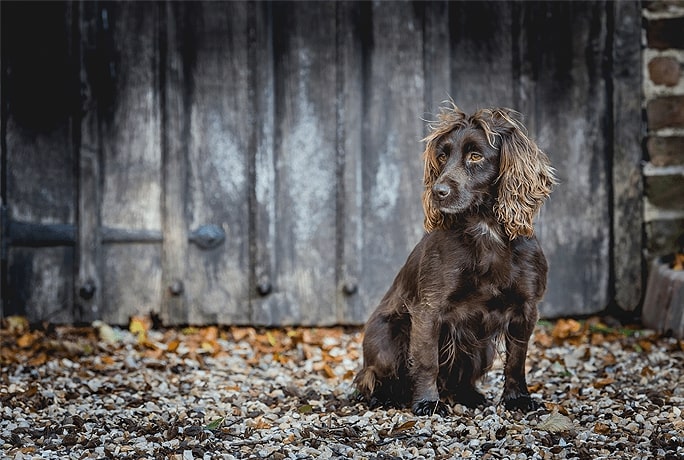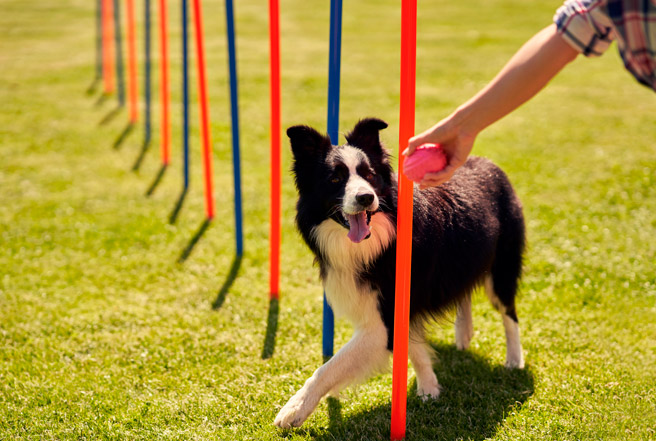Why do some dogs need a low purine diet?
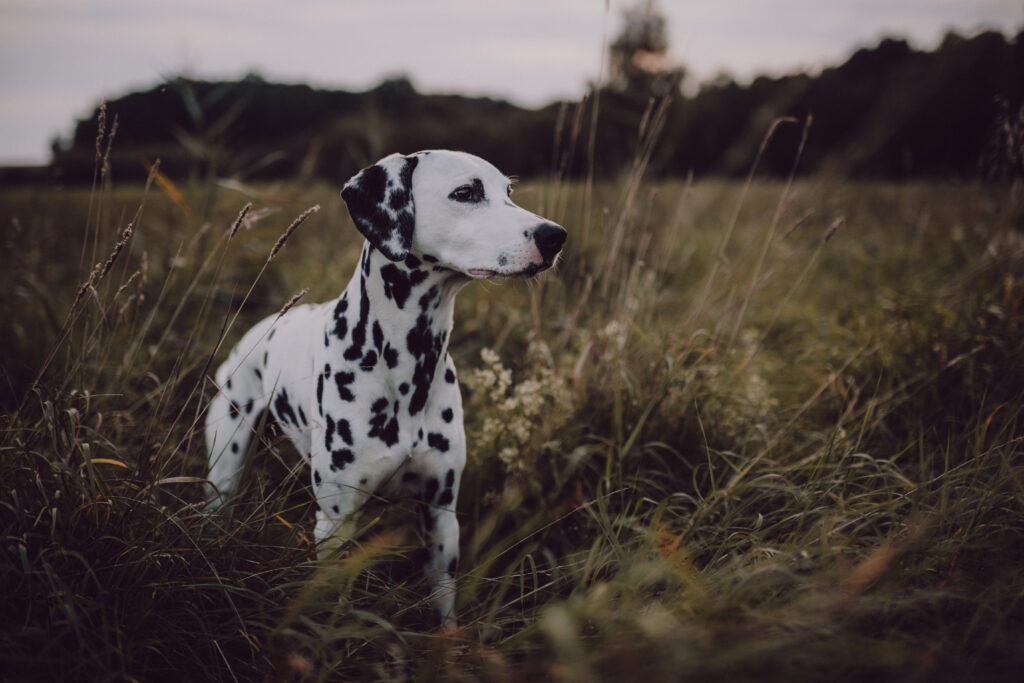
Written by Zoe Russell, BSc (Hons)
Nutrition Officer at Skinner’s
Did you know that some dog breeds are unique in the way they digest and process their food? This means that specific dietary measures must be put in place to ensure they remain happy and healthy. In particular, breeds such as Dalmatians are known for requiring low purine diets – but why is this?
What is purine?
Purine is an organic compound found in human cells and many different foods. It is an important component in the body, which plays a key part in the formation of DNA. However, sometimes irregular processing of it can lead to the formation of stones in the urinary tract.
How are urine stones produced?
In this case, the formation of urine stones is a breed-specific disorder caused by an irregularity in the metabolism of purines.
In some breeds, the transport system in the liver doesn’t work how it should, meaning purine is processed to form uric acid rather than a substance called allantoin, which would normally be produced. The uric acid is then excreted into the urine in unusually high amounts, which leads to an imbalance.
As a result of this imbalance, the urinary uric acid levels are nearly 10 times higher than that of other breeds, causing crystals and stones to form as it passes through the urinary tract. This can cause discomfort and even impair a dog’s urination.
Symptoms of stone formation can include blood in the urine and strain when passing, which if left untreated this can lead to obstruction and rupture of the bladder. If you notice any of these symptoms, please seek veterinary advice immediately.
How can I manage my dog’s purine levels?
The underlying cause of the issue is unfortunately a genetic mutation. Meaning that Dalmatians are naturally more prone to the formation of these stones.
To help manage this, owners often choose to make alterations to their dog’s food by avoiding ingredients high in purine, such as:
- Organ meats (such as liver)
- Red meats
- Fish (such as sardines)
- Yeast extracts (such as brewer’s yeast)
Alternatively, some owners choose to select lower purine foods (in moderation!), including:
- Chicken
- Potato (when prepared appropriately)
- Vegetables (such as cauliflower)
What dog foods are low in Purine?
Although we do not manufacture prescription diets, we are happy to offer advice on other suitable foods, in accordance with any veterinary advice given. In fact, some of the foods in the Field & Trial range are naturally low in purine, including Salmon & Rice, Light & Senior and Maintenance; many dogs have been shown to thrive on these products! Therefore, if you would like any advice about our foods, please contact our nutrition team on 01379 384247 and we will be happy to help.
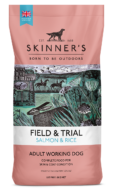
Salmon & Rice
This food is great for skin and coat condition.
£11.60 – £46.99
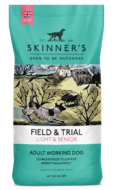
Light & Senior
Reduced fat for weight management.
£9.85 – £43.99
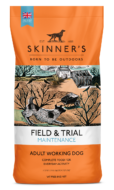
Maintenance
Perfectly formulated for everyday activity.
£8.10 – £28.49
If you have any concerns about your dog, please seek veterinary advice in the first instance. As well as the right diet, please make sure your dog has access to fresh, clean water so they remain hydrated at all times.

